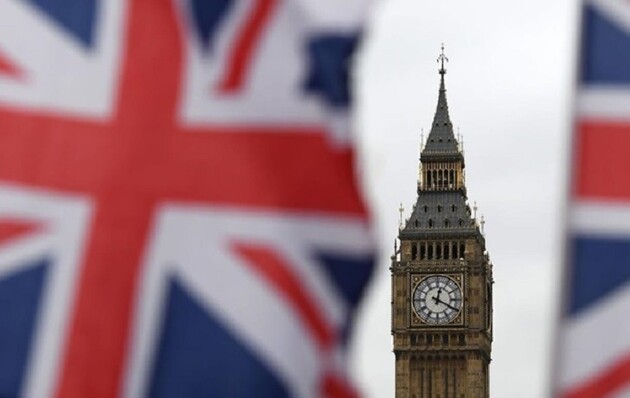The Kremlin's invasion of Ukraine has also exacerbated the price problem, as some countries have stopped or restricted oil and gas purchases from Russia.

Thousands took to the streets of Britain to protest the sharp rise in energy prices, as the government could not “completely nullify” the price increase. Demonstrations took place on Saturday, including near Downing Street in central London, where crowds gathered. Protests also took place in Cardiff and Birmingham. They followed a significant rise in energy prices, writes The Guardian.
On Friday, average gas and electricity bills for households rose to 1971 pounds a year. A further jump in October could increase the cost to 2,600 pounds.
Rising prices are driven by rising demand for energy as the economy recovers from the effects of the Covid pandemic. Russia's invasion of Ukraine has also exacerbated the problem, with some countries suspending or restricting Russian oil and gas purchases.
In France, the government has limited the increase in electricity bills to 4% this year. Meanwhile, Northern Ireland Secretary Brandon Lewis said:
“We [the government] cannot completely negate the impact of global markets and global pressures, for example, on energy, which is obviously in the spotlight for most people at the moment.
Johnson is going to triple the amount of ground wind energy
Against the background of new attention to energy, the government's strategy on this issue has not yet been disclosed – a few weeks after it was to be announced. Boris Johnson is considering tripling the number of terrestrial wind energy by 2035, despite the fact that many conservative supporters oppose it. It is expected that nuclear energy will also be actively used.
Read also: Boris Johnson called to give the football Euro to Ukraine and ridiculed Russia's bid
The other day we reported that Britain refused to give Ukraine security guarantees following the example of NATO. London reiterated that it was not going to enter into a direct military confrontation with Russia.




